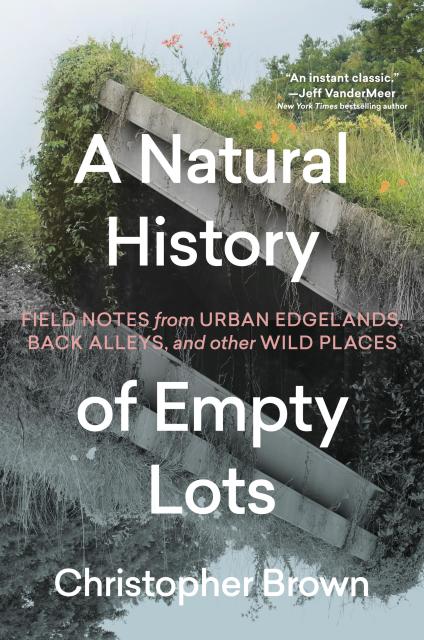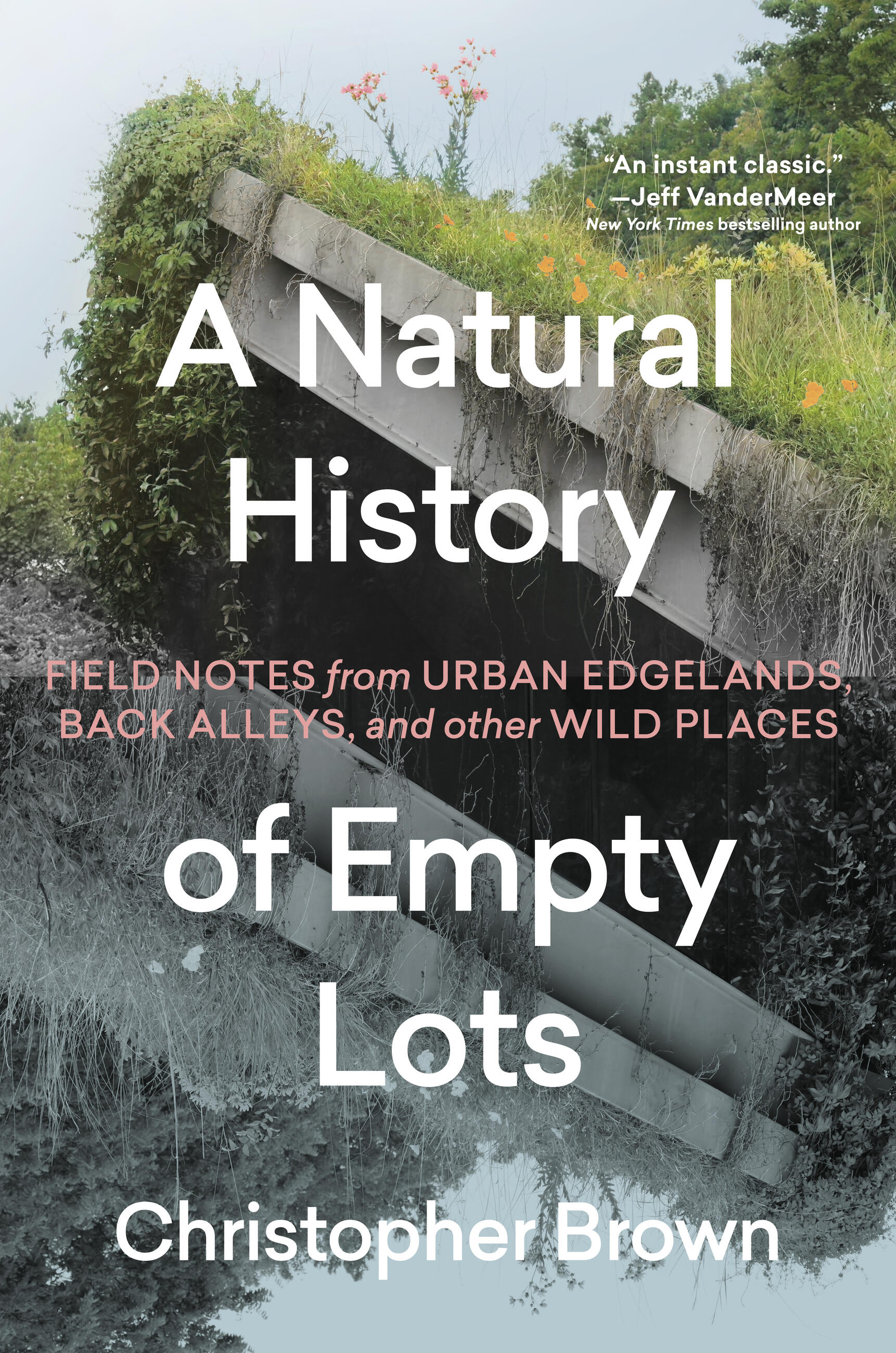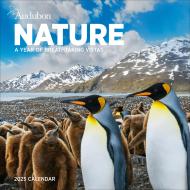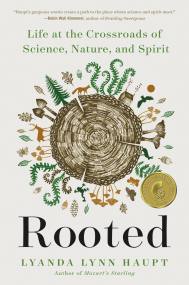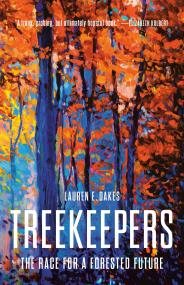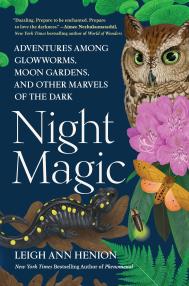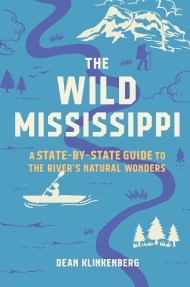
A Natural History of Empty Lots
Field Notes from Urban Edgelands, Back Alleys, and Other Wild Places
Contributors
Formats and Prices
Price
$30.00Price
$39.00 CADFormat
Format:
- Hardcover $30.00 $39.00 CAD
- ebook $14.99 $19.99 CAD
- Audiobook Download (Unabridged) $27.99
- Trade Paperback $19.99 $25.99 CAD
Also available from:
A genre-bending blend of naturalism, memoir, and social manifesto for rewilding the city, the self, and society.
“Brown lives far from any conventional battlefield, but he is surrounded by the wreckage of a different war, and he, too, finds hope in cultivating the ruins of nature…A Natural History of Empty Lots is less a departure from the nature writing tradition than a welcome addition to its edgelands.” —New York Review of Books
A Natural History of Empty Lots is a genre-defying work of nature writing, literary nonfiction, and memoir that explores what happens when nature and the city intersect.
During the real estate crash of the late 2000s, Christopher Brown purchased an empty lot in an industrial section of Austin, Texas. The property—abandoned and full of litter and debris—was an unlikely site for a home. Brown had become fascinated with these empty lots around Austin, so-called “ruined” spaces once used for agriculture and industry awaiting their redevelopment. He discovered them to be teeming with natural activity, and embarked on a twenty-year project to live in and document such spaces. There, in our most damaged landscapes, he witnessed the remarkable resilience of wild nature, and how we can heal ourselves by healing the Earth.
Beautifully written and philosophically hard-hitting, A Natural History of Empty Lots offers a new lens on human disruption and nature, offering a sense of hope among the edgelands.
-
"A loving, deeply pleasurable, and sprawling investigation of place, community, personal history, and larger contexts. A Natural History of Empty Lots has the shape and liveliness of something organic, as if it has grown out of the neglected, teeming hidden places of the landscape Brown knows so well. An incredible book."Kelly Link, Pulitzer Prize finalist, MacArthur Fellow, and award-winning author of The Book of Love
-
"A Natural History of Empty Lots is the best and most interesting book I’ve ever read about the spaces we often overlook. Christopher Brown comes to these places with a deep curiosity and understanding of both human and nonhuman history. An instant classic."Jeff VanderMeer, New York Times bestselling author
-
"Too often, what we call ‘nature writing’ is nostalgic for what never was. Thank goodness for Christopher Brown, who sees the wonder in what is and what might be. A Natural History of Empty Lots is the nature writing we need now."Michelle Nijhuis, author of Beloved Beasts: Fighting for Life in an Age of Extinction
-
“Instantly hypnotic, A Natural History of Empty Lots invites you to see the ‘waste’ spaces of the Anthropocene for what they are: a resource that contains more than itself. Christopher Brown is a complete and literate denizen of these zones. His calm, clever writing shows a real care for the natural world, and a real feel for the deep worth of the brownfield liminal.”M. John Harrison, Goldsmiths Prize-winning author of Wish I Was Here and Climbers
-
“A marvelous and wonderfully wide-ranging account of learning to see how wild nature infiltrates the interstices and abandoned places of the Anthropocene.”Paul McAuley, author of Beyond the Burn Line, and winner of the Philip K. Dick, Arthur C. Clarke and John W. Campbell Awards
-
“A Natural History of Empty Lots is a book about the inbetweenlands, the sacrifice zones, the feral strips — landscapes shocked by humanity, quietly healing. The book pads unbotheredly across the barrier between “urban” and “rural”, “wild” and “industrial”, and the one doing the padding, Christopher Brown, is an ideal guide: wise and ironic, observant, and sensitive.”Robin Sloan, author of Moonbound and Mr. Penumbra’s 24-Hour Bookstore
-
“Like flowers from broken asphalt this book is a surprise joy—in a time of anxiety, this is a meditation on how, to paraphrase the fictional Ian Malcolm, life finds a way."Chuck Wendig, author of Wanderers and Black River Orchard
-
“An astute observer and deep thinker, Brown celebrates edgelands and “nature’s resiliency” even as he states that the wild is “mostly losing” the battle against voracious human consumption. A vivid, many-faceted, and provocative ecological inquiry.”Booklist
-
“Come for the reflections on edgelands and cryptids, stay for the exquisite prose style. Christopher Brown writes with ecstatic accuracy and appealing curiosity about the Anthropocene and its discontents.”Ed Park, Pulitzer Prize finalist for Same Bed Different Dreams
-
“Brown examines urban nature from the sides of highways to empty lots to traffic islands and how animals and plants thrive in these areas humans aren’t allowed. We often think that one must leave the city to see nature, but Brown’s writing illuminates the wonder all around us.”Arlington Magazine
-
"Meandering between the specifics of his land, the history of the region and the ideas of how humans interact with nature is by design, fitting for someone so committed to wandering as a way of finding truth....But we can all start to see how the wild is all around us, just by taking a walk."Los Angeles Times
-
“Brown lives far from any conventional battlefield, but he is surrounded by the wreckage of a different war, and he, too, finds hope in cultivating the ruins of nature…A Natural History of Empty Lots is less a departure from the nature writing tradition than a welcome addition to its edgelands.”New York Review of Books
-
“With A Natural History of Empty Lots, Brown rises to a level of acute observation and analysis that bears comparison with the works of Michael Pollan, Jared Diamond, Rachel Carson and Edward O. Wilson.”Austin American-Statesman
-
“Brown tells the immensely gripping story not only of his discovery of wild, urban places but of the opportunities we each have to track, forage and wander if we so choose."The Masters Review
-
“A meditation on the wildness found in the most overlooked parts of our urban landscape… Brown translates what he sees into evocative field notes that point toward a future rewilding.”Landscape Architecture Magazine
- On Sale
- Sep 17, 2024
- Page Count
- 320 pages
- Publisher
- Timber Press
- ISBN-13
- 9781643263366
Newsletter Signup
By clicking ‘Sign Up,’ I acknowledge that I have read and agree to Hachette Book Group’s Privacy Policy and Terms of Use
